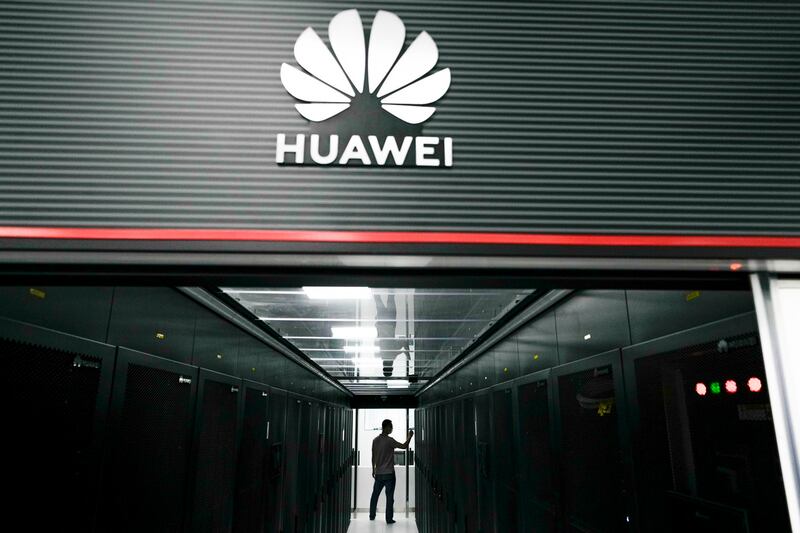China’s government has turned the country’s tech companies like Huawei and ZTE into its “proxies” and uses their dominant market share in developing countries around the Indo-Pacific region to export its authoritarian model of the internet, according to a new report.
In countries such as Cambodia, Malaysia, Nepal and Thailand, the dominance of the Chinese companies in building digital infrastructure has meant Beijing’s controlled version of the internet is expanding, leading to a fragmentation with the West’s open web, it says.
The report is titled The Digital Silk Road: China and the Rise of Digital Repression in the Indo-Pacific and was released Wednesday by Article 19, a London-based internet-freedom advocacy organization.
The group says the cut-price internet infrastructure being offered by companies beholden to the Chinese Communist Party “has benefited” countries that otherwise would be stuck with outdated infrastructure.
But that assistance comes with a catch, it says.
“China has packaged its model as the prevailing best practice, often masked as support for innovation centers, exchanges or broader digital diplomacy initiatives, especially on issues relating to cybersecurity,” the report says, adding that the result is further “digital repression.”
“This is intended to tip the scales in global adoption to influence more states to employ Chinese norms, accelerating internet fragmentation.”
Cambodia’s ‘Great Firewall’
The report points to Cambodia, where it says “China is present at virtually every layer of the digital ecosystem,” which it says has been marked by a “shift towards China-style digital authoritarianism.”
Firms like Huawei and ZTE have played “a leading role” in laying out infrastructure, it says, to the point where Cambodian telecoms companies only offer the two companies’ internet routers.

Huawei is also Cambodia’s only authorized cloud service provider and is responsible for much of the country’s 5G network, it notes, as well as its terrestrial and submarine internet lines and data centers.
But it says China’s influence extends beyond infrastructure.
“Alongside infrastructure-level cooperation, the shadow influence of China’s internet governance model has loomed large over Cambodia’s embrace of digital authoritarianism,” the report says, terming China’s influence on internet norms a form of “digital diplomacy.”
In some areas, that has improved network engineering, the report says, but it also includes provision of “the technical knowhow for Cambodia to better emulate China’s digital authoritarian model.”
The report blames such digital diplomacy for Cambodia's National Internet Gateway, a system akin to China's "Great Firewall" that allows the government to monitor and control all internet traffic.
Phnom Penh has not said who is building the system, “but experts in Cambodian civil society believe it is Huawei or ZTE,” the report says.
China alternatives
The report recommends Western governments seek to work further with Taiwan and its technology sector to develop the self-ruling island further as a “counterweight” to China’s digital influence.

Taiwanese companies could help export infrastructure more friendly to the open web, it says, and countries like the United States could provide “greater financial resources” to civil society groups in the affected countries to push back against digital authoritarianism.
But it warns against casting too wide of a net in searching for alternatives to Chinese-built infrastructure and internet norms.
Specifically, “while greater regional cooperation is necessary,” it says, “uncritically embracing countries with their own records of digital dictatorship, such as Vietnam, will ultimately be counterproductive.”
Edited by Malcolm Foster.
